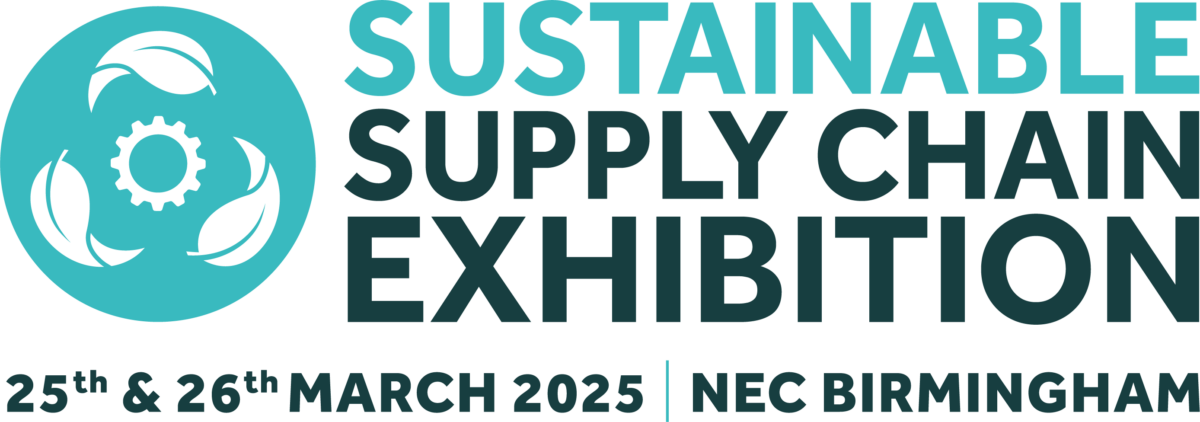The decision by Chancellor of the Exchequer George Osborne not to raise freeze fuel duty in the budget has received a cautious welcome from industry organisations.
[asset_ref id=”873″] George Osborne
James Hookham, policy director at the Freight Transport Association, said: “FTA is pleased to see the concerns of the logistics sector taken seriously at the heart of the Budget. We welcome the Chancellor’s recognition of the sensitivity of transport costs to changing fuel prices at a time when the recovery is still fragile and world oil prices volatile. We need to use this time to commence serious assessment of ways in which taxation of commercial vehicles can be decoupled from private motor cars, possibly through a lorry road user charge for a fuel duty stabiliser.”
The Road Haulage Association said it noted the chancellor’s decision “to go ahead Alistair Darling’s inflationary package of three fuel duty increases in the next eleven months”.
“This is disappointing”, said RHA chief executive Geoff Dunning. “It will simply further widen the gap between UK diesel duty and that of our EU competitors, the unfairness of which was acknowledged in the Coalition’s recent programme for Government.”
“We offer our support for the investigation into the feasibility of a fuel duty stabiliser and for the reduction of small business tax to 20 per cent from next year.”
The point was taken up by Peter Quantrill, director general of the British International Freight Association, who said: “Our members are facing fuel prices at record levels, as well as steep rises in other costs. Foreign hauliers are offering cross border services with cheaper fuel purchased abroad.”
The Chartered Institute of Logistics & Transport welcomed the fact that that the government has made its first steps towards re-examining the principle of taxation on fuel.
Chief executive Steve Agg said: “Users of the road network who have no other choice of mode have long suffered the inequity of unfair tax burden. Those living in rural areas as well as the logistics industry in general have always endured disproportionate taxation on transport and I welcome this review on behalf of the Institute.”
The news that the government will delay the decision over Air Passenger Duty reform got a thumbs up from BIFA. Peter Quantrill said: “Reports indicate that a statement is likely to be published in the autumn. Rest assured we will be lobbying our contacts in government to make the point that a possible ‘plane tax’ remains an ill-conceived proposal which would do nothing to uphold the UK’s competitive edge as a major freight hub for international carriers serving Europe.
“The ‘plane tax’ proposal is not new – the previous government considered it but realised after consultation with trade, including BIFA, that there were a number of show stopping impracticalities to the scheme. Not least of all those relative to taxing airlines whose aircraft use UK airports as a drop/pick up point for through services en-route from origin to final destination.”
Christopher Snelling, head of global supply chain policy at the FTA said: “FTA welcomes the Government’s commitment to consult on possible changes to aviation taxation and we will participate fully in this process. Any measure which penalises air freight in the UK would run the risk of hurting UK competitiveness in international markets and will be robustly challenged.”
BIFA also welcomed the news that the coalition government had made good on its promise with a confirmation of the scrapping of backdated port rates demands. Quantrill said “The move signals a welcome break for Britain’s hard-pressed international freight sector and leaves businesses at Britain’s ports free to concentrate on facilitating Britain’s import and export freight movements.”
Roger Williams, chief executive officer of the United Kingdom Warehousing Association, said: “Overall, I think the budget was perhaps better than we feared for our sector, but it reinforces the fact – if, indeed, it needed reinforcing – that we face several hard years where high professional standards, lean operations, innovation and a lot of hard work will remain at the core of our business models.”






